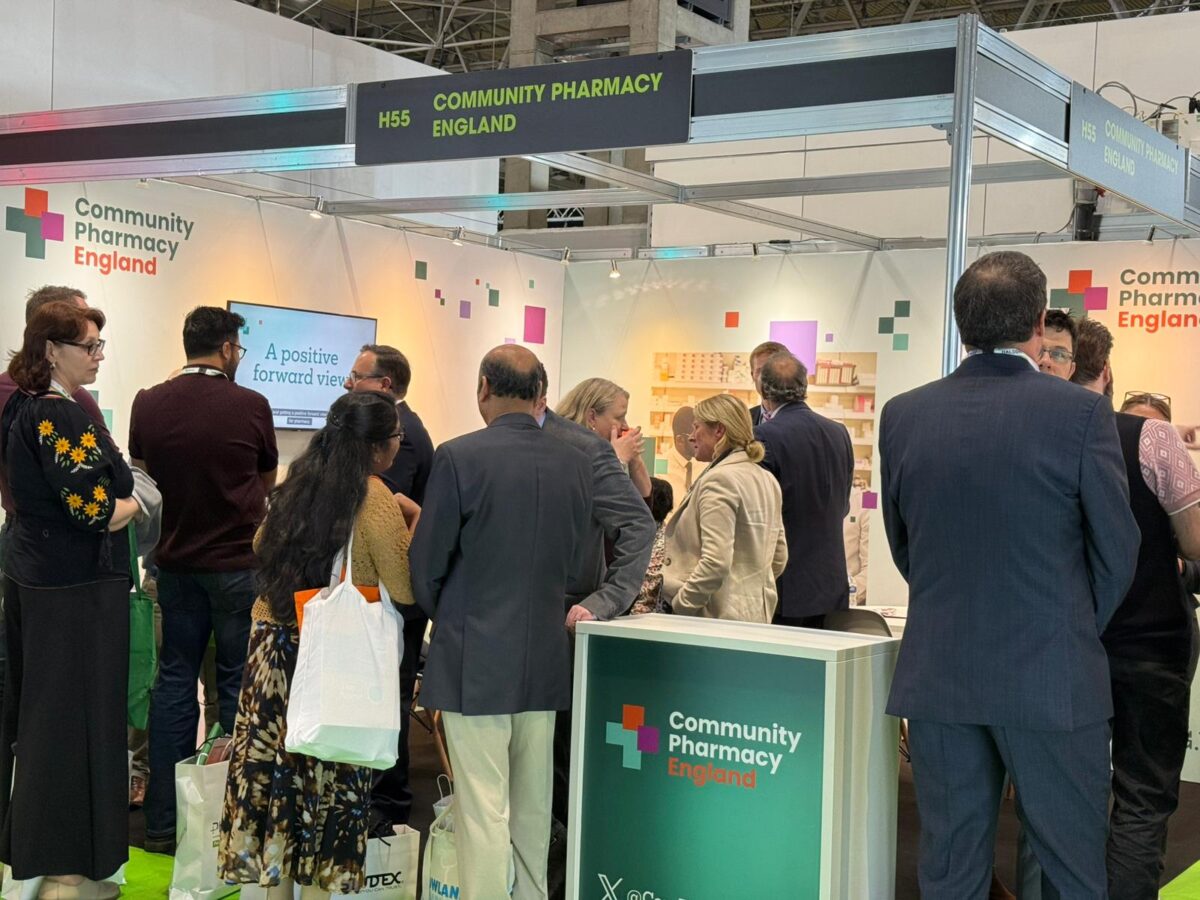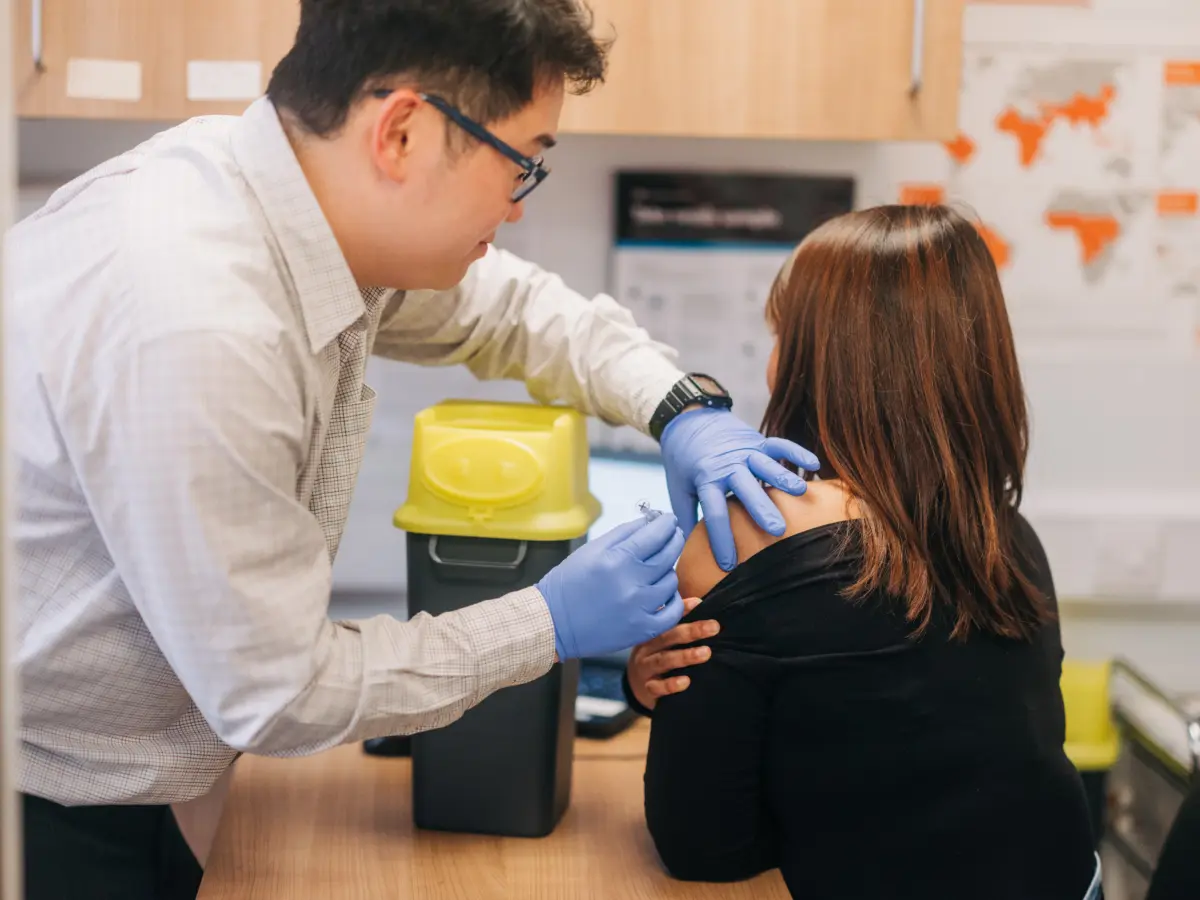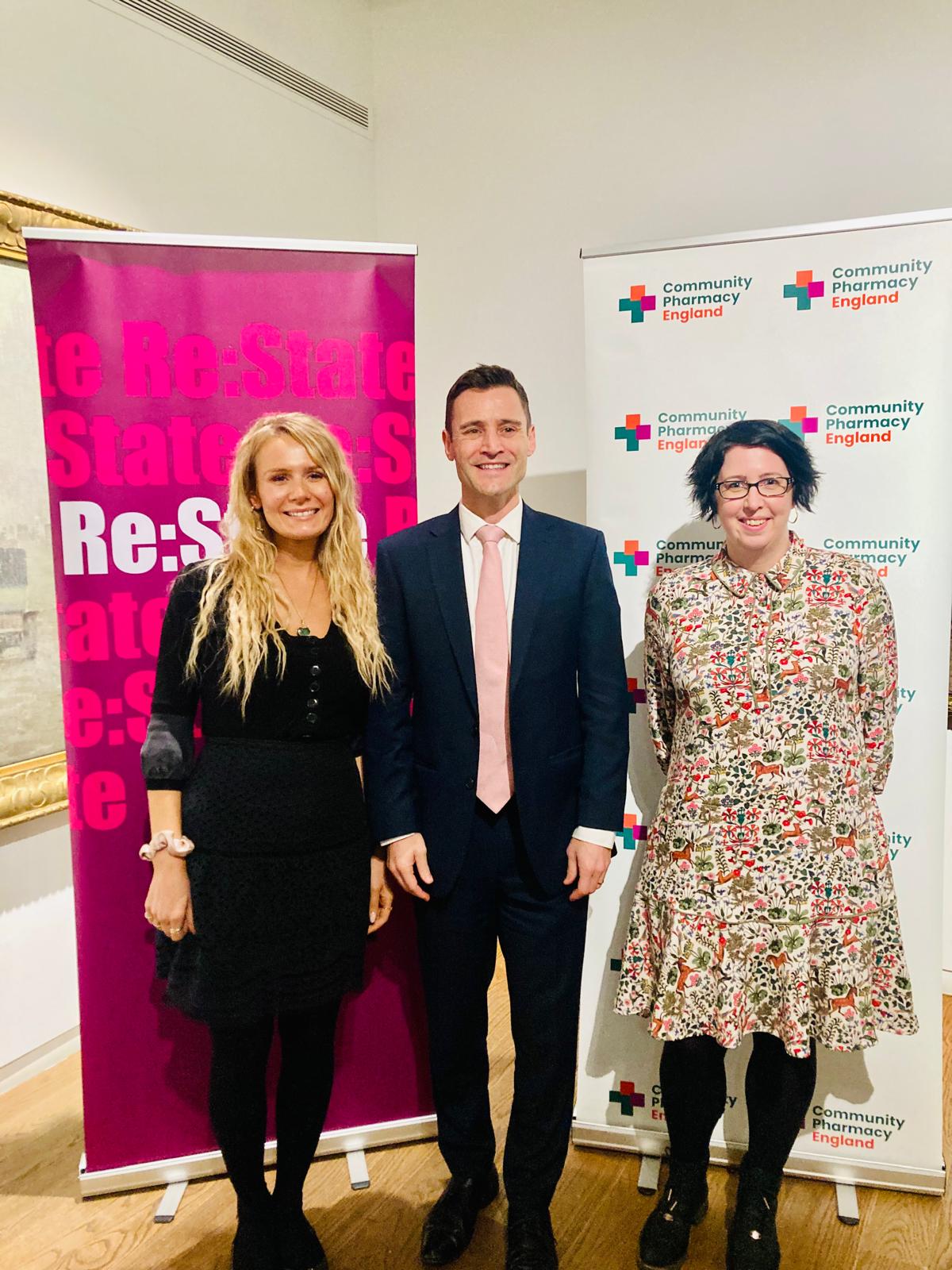Vision Project FAQs
Published on: 9th November 2022 | Updated on: 30th May 2023
This page contains the answers to Frequently Asked Questions (FAQs) posed by contractors and LPCs on the Community Pharmacy England’s community pharmacy vision project.
Q. Why has Community Pharmacy England commissioned a vision exercise now?
Community pharmacy is facing severe financial challenges with declining funding under the five-year Community Pharmacy Contractual Framework (CPCF) deal, so it is critical that we re-set the dial and start laying the foundations for the next CPCF.
The vision project will help us to begin engaging with political decision-makers at a high strategic level, speaking to their objectives for the NHS.
The final report will set out ambitious goals that will help us make the case for sectoral sustainability. By identifying our ambitions well before we get into the negotiation room we will demonstrate that we are forward thinking, ambitious and patient-focused.
Q. Why were Nuffield Trust and The King’s Fund chosen as partners?
We picked Nuffield Trust and The King’s Fund, via an invitation to tender process, for their expertise, authority, influence and independence.
They are two of the most highly regarded and influential organisations within the healthcare policy sector – when they speak, Government and the NHS listen, so we are delighted to have them on board writing this report for the sector.
Q. Are all options on the table?
Yes, this is an opportunity to have a full exploration of the vision for the sector, via a literature review, national and international reviews of practice, and engagement with a wide range of stakeholders within and beyond community pharmacy.
The review will explore what has been done via earlier strategies and reviews to learn from what hasn’t worked in the past, and any blockages to change.
The vision and follow up strategy will also explore enablers.
Q. What’s different about this project compared to other reviews and visions?
The difference is that this vision will be independent and led by two organisations who are well respected and have many years of experience working with and shaping health policy. As an independent report, it is more likely to have impact and influence with Government and the NHS than if it was produced by Community Pharmacy England or the sector alone.
In addition, the breadth of the review, taking into account what we can learn from previous strategies, reviews, international and national evidence will add value. A wide range of perspectives will feed into the development of the vision, and as well as our ambitions for the future, we also expect the report to include some challenges back to the sector around how we might need to change.
This is also an opportunity for us all to look over the parapet beyond our current challenges and think differently about future opportunities.
Q. What will the final vision look like?
The vision will be set out in an independent report published jointly by Nuffield Trust and The King’s Fund.
The report will:
- Set out the scale of ambition for community pharmacy;
- Identify its future role as a key part of primary care services;
- Show how community pharmacy can contribute to key policy goals around population health, prevention and the demand pressures in primary care;
- Look at future opportunities and areas for development; and
- Explore the blockages and enablers that have held progress back in the past and that will need to be addressed to achieve the vision.
Q. How will the vision document be ratified at the end?
This is a fully independent report which will be signed off by its authors the Nuffield Trust and The King’s Fund. However, there will of course be opportunities for all stakeholders to provide feedback on an initial report in spring 2023. Following the publication of the vision, Community Pharmacy England will then develop a strategy for implementing it.
Q. Will you be involving patient groups?
Yes, representatives of several patient groups will be members of the Advisory Panel and will also be interviewed as part of the development of the vision. Patient groups will also be encouraged to respond to the two consultations that will inform the development of the vision.
Q. How can pharmacy owners get involved?
Pharmacy owners will be involved across all parts of the project – from the Steering Group and Advisory Panel to the four Working Groups, which are being organised by Community Pharmacy England. They will also be able to respond to the two consultations that will inform the development of the vision.
Please sign up to Community Pharmacy England’s email newsletters (at cpe.org.uk/enews) to ensure that you receive information about all of these opportunities.
Q. How will you ensure less vocal stakeholders will be able to feed in to the development of the vision?
Nuffield Trust and The King’s Fund will seek to ensure they gain a broad range of views from across the sector, including via the two consultations that will inform the development of the vision, through interviews conducted with contractors, and from the Steering Group, Advisory Panel and Working Groups.
LPCs are also being invited to engage with their local contractors to amplify their voice in the process.
We are trying to ensure we have broad representation from across the sector, balancing agility with consultation and engagement. We are keen to hear everyone’s views. Anyone can also ask questions about the vision by emailing vision.project@cpe.org.uk.
Q. Do you think that the NHS and the Department of Health and Social Care (DHSC) will listen?
We have already had discussions with representatives from both organisations and they will nominate members of the Advisory Panel to ensure they are included in the development of the vision.
Building a cohesive and independently validated vision will put Community Pharmacy England, LPCs and contractors in a strong position to influence Government and the NHS.
Q. Do you think that Government will listen to the outcomes of the process?
In tandem with the vision we have an influencing strategy, aiming to influence Government and build more advocates and champions across Westminster and Whitehall.
The vision and strategic options will bring evidence of what community pharmacy could offer to patients, Government and the NHS together in one place. This and a follow up comprehensive strategy will put us in a stronger position to influence Government.
It will also support LPCs and contractors in negotiating with Integrated Care Boards (ICBs).
Q. How will the vision support negotiations?
The final report will give us some very clear, and independently validated, messages for Government about what community pharmacy has to offer primary care services and how it can contribute to key healthcare goals.
This should be of interest to a Government and NHS England looking to solve major challenges across the health services. We are involving them in the Advisory Panel for the project to ensure they are able to be engaged in the development of the vision.
The Government and NHS England will also separately be progressing their own strategy for primary care. The timing of this community pharmacy work, happening in parallel to the NHS work, gives an opportunity for the sharing of ideas in both directions and should help pharmacy to influence, align and engage with the wider healthcare thinking and planning.
It will also help LPCs and contractors to influence local health systems.
Q. Will the vision link to the NHS England economic and clinical services review?
Community Pharmacy England will seek to ensure the outputs of the vision project inform future-focused work that NHS England undertakes on funding and service development.
Community Pharmacy England will also be considering what work will need to be done to inform NHS England’s economic review from a contractor perspective as well as wider work on the economic and social value of community pharmacies and potential alternative funding models.
Q. Will funding be in scope of the vision?
Yes, it is likely to be an important feature and Community Pharmacy England will be convening a funding Working Group to contribute to considerations on that topic. However, Community Pharmacy England is also planning to commission further work to inform our thinking for the next CPCF (see the previous question).
Q. What is the rationale for concluding the project in the summer of 2023?
The timeframe for this project and the need for agility is driven by the need for Community Pharmacy England to be prepared for the beginning of negotiations on the development of the CPCF, following the end of the five-year deal.
Return to the main Community Pharmacy England Vision and Strategy webpage
For more information on this topic please email comms.team@cpe.org.uk












